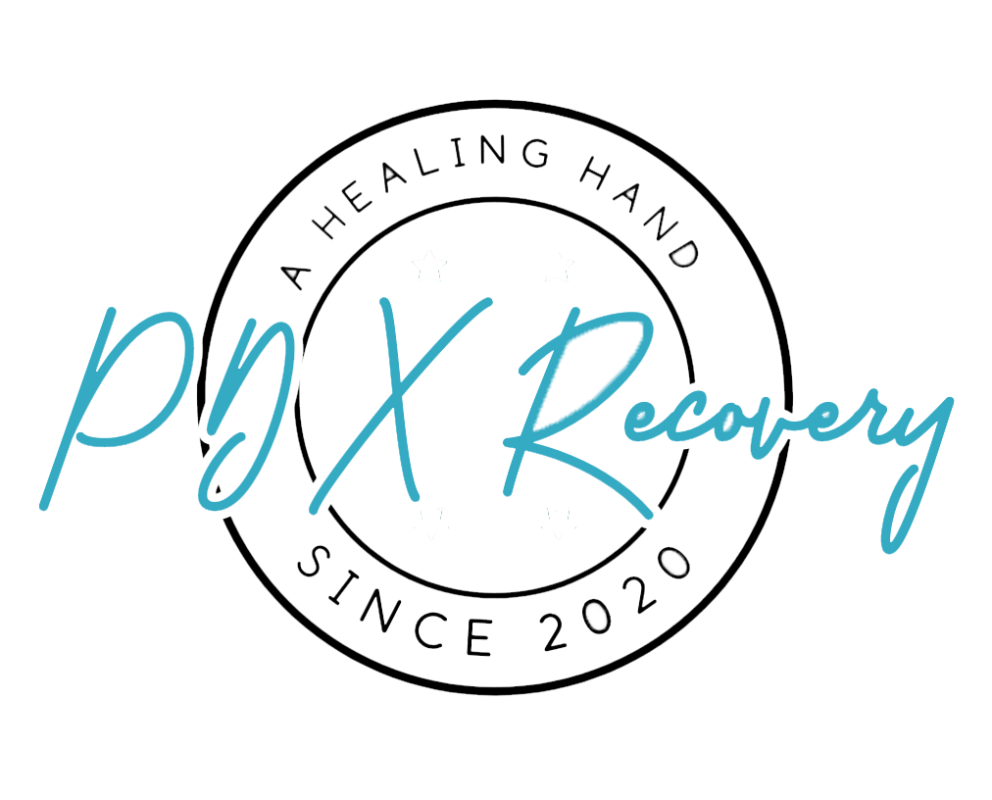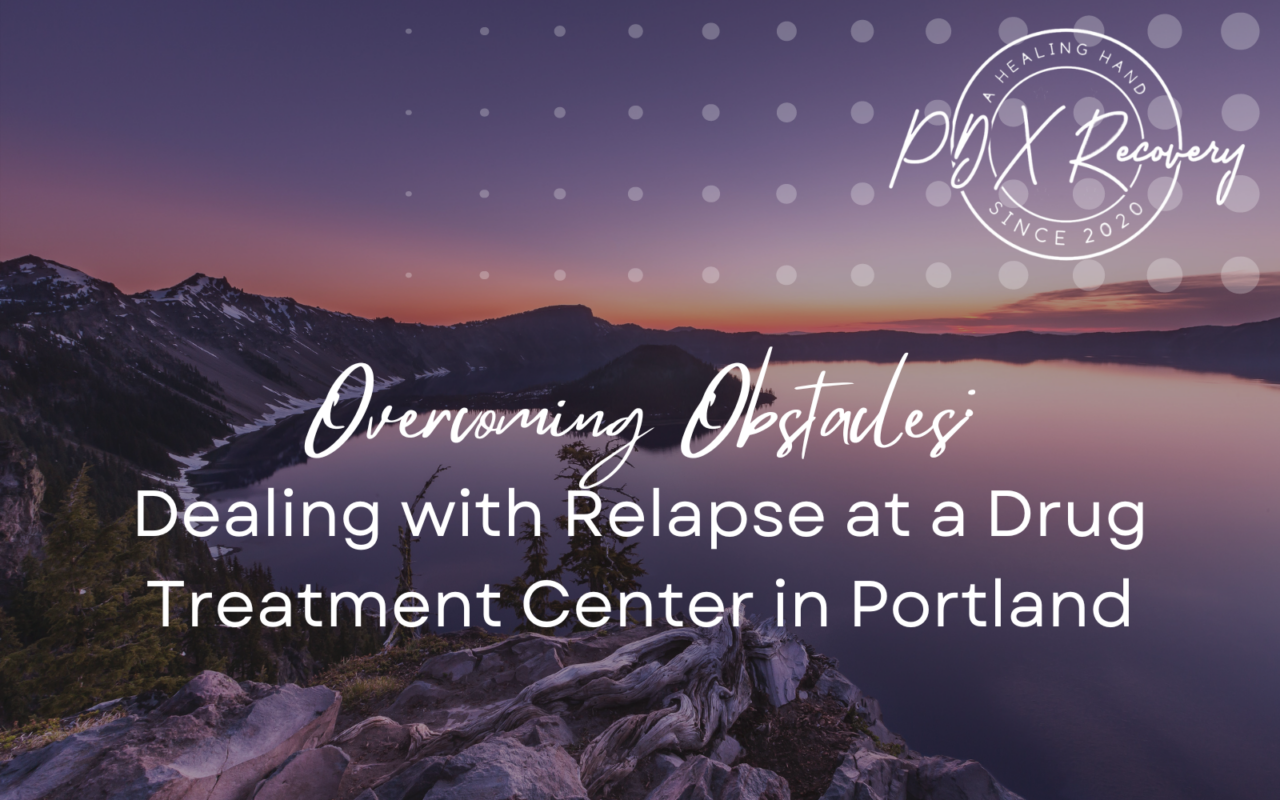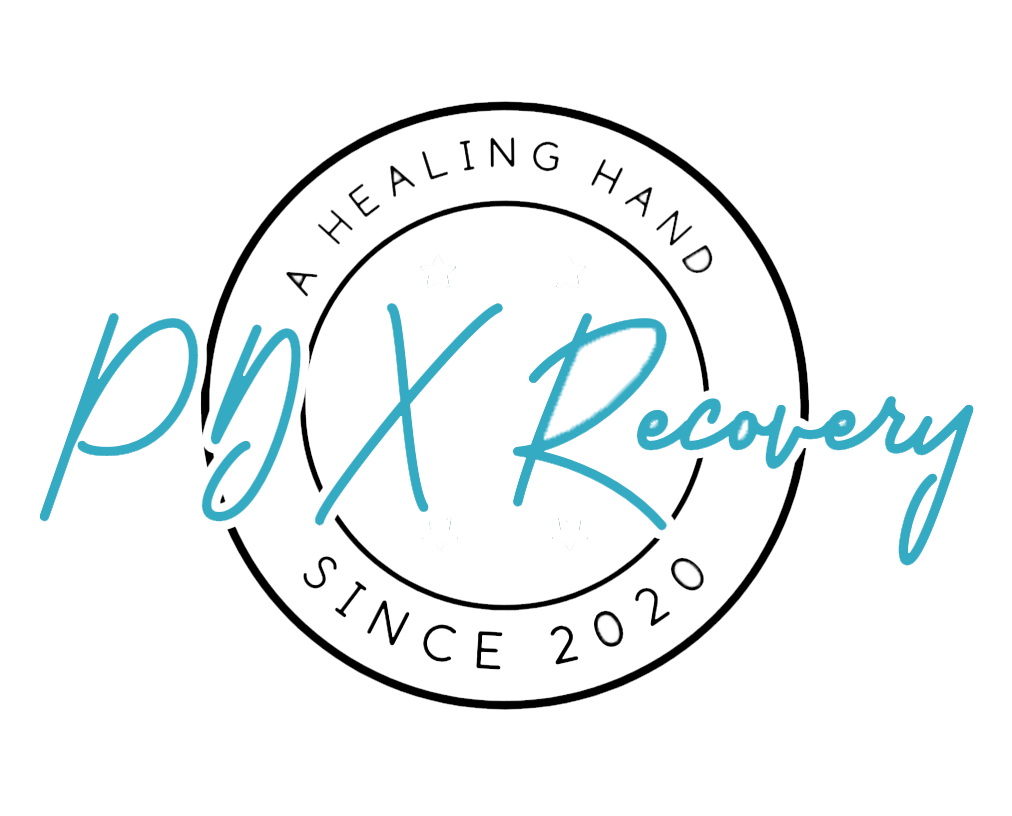Finding Strength in Setbacks: Navigating Relapse at a Drug Treatment Center in Portland
Recovering from drug addiction can be one of the most challenging journeys an individual will undertake. It’s a path riddled with obstacles, and one of the most common and disheartening hurdles is relapse. Often seen as a setback, relapse can shake the confidence of those in recovery. However, it’s crucial to understand that relapse is not a sign of failure but a part of the long-term recovery process. In this blog post, we will explore how to deal with relapse at drug treatment center in Portland, providing insights into the reasons behind it, the importance of seeking support, and effective strategies for preventing future relapses.
Understanding Relapse
Relapse can happen at any stage of the recovery journey, whether during detoxification, inpatient treatment, or even months after completing a rehabilitation program. It’s essential to recognize that relapse rates for substance addiction are similar to those of other chronic illnesses, such as diabetes and hypertension. This crucial comparison underscores that recovery is not a one-time event but a continuous journey requiring ongoing management, vigilance, and support. Individuals in recovery often encounter various triggers and stressors that may lead to relapse, making it imperative to develop effective coping strategies and establish a robust support network. Participating in aftercare programs, attending support groups, and maintaining open communication with healthcare providers are all vital components in fostering long-term recovery.
Why Does Relapse Happen?
Various factors can lead to relapse, including stress, exposure to triggers, and unresolved mental health issues. Stress—whether stemming from everyday challenges or significant life events—can create emotional upheaval, prompting individuals to revert to old habits as a means of coping. Additionally, encountering triggers—specific people, places, or situations that remind individuals of previous substance use—can spark cravings and heighten the risk of relapse. Unresolved mental health issues, such as anxiety or depression, can further complicate the recovery process, making it challenging to sustain healthy behaviors. Understanding these factors is crucial for those in recovery, as it empowers them to take proactive steps in their healing journey.
The Role of Drug Treatment Center in Portland
Drug treatment center in Portland provide a variety of specialized programs aimed at supporting individuals who have experienced a relapse in their recovery journeys. Recognizing that relapse can be an inherent part of the healing process, these centers create a compassionate, safe, and supportive environment where patients can access the care and guidance they need to regain their stability. With a strong emphasis on personalized treatment plans, these centers often incorporate counseling, group therapy sessions, and holistic approaches to help individuals identify and understand the triggers behind their relapse. Additionally, they may offer valuable resources such as family support programs and educational workshops, empowering both patients and their loved ones and ultimately building a stronger foundation for lasting recovery.
Professional Guidance
Counselors and therapists at treatment centers are highly trained professionals dedicated to providing the emotional support and guidance essential during the challenging stages of an individual’s recovery journey. They create a safe and compassionate environment where clients can freely express their feelings and experiences. Their expertise not only aids individuals in understanding the root causes of their relapses but also empowers them to examine personal triggers and emotional challenges that may have contributed to their setbacks. Furthermore, these professionals collaborate with clients to develop customized strategies and coping mechanisms designed to prevent future relapses, ensuring that individuals possess the tools and resilience necessary to maintain their progress and achieve long-term recovery.
Building a Strong Support System
Having a reliable support system is essential for navigating life’s challenges. Surrounding yourself with people who genuinely understand your struggles can profoundly impact your well-being. This support can come from various sources: caring family members, friends with shared experiences, mentors who provide guidance, or peers in support groups who relate to your journey. These connections offer not only emotional backing but also foster a sense of belonging and community, reminding you that you are not alone in facing difficulties. Cultivating such a network empowers you to overcome obstacles and enhances your resilience.
Identifying and Avoiding Triggers
Recognizing personal triggers is crucial for preventing relapse, as they can greatly impact an individual’s desire to return to substance use. To effectively manage these triggers, it’s essential to pinpoint specific people, places, or situations that may provoke drug use. For example, certain friends who continue to engage in substance use or environments where drug use was once prevalent can pose significant challenges. Once you have identified these triggers, take proactive measures to avoid them. This may include cultivating new social circles, selecting different venues for activities, or developing coping strategies that empower you to navigate stressful situations without resorting to drugs. By staying aware of your triggers and taking decisive action, you can establish a stronger foundation for your recovery journey.
Practicing Self-Care
Self-care is crucial for maintaining sobriety, as it fosters overall well-being and resilience. Prioritize restorative sleep each night, as it is essential for mental clarity and emotional stability. Nourishing your body with healthy, nutrient-rich meals supports your recovery journey. Regular physical activity—whether it’s a daily walk, yoga, or a gym session—can elevate your mood and alleviate stress. Additionally, pursue activities that bring you joy and fulfillment, such as hobbies, spending time with loved ones, or exploring new interests. Remember, taking care of yourself is a vital component of not only staying sober but also thriving in your daily life.

Attending Therapy or Counseling Sessions
Ongoing therapy or counseling is vital for addressing the underlying issues that contribute to substance use, including trauma, mental health disorders, and environmental factors. These therapeutic sessions delve deeply into these complex issues, enabling individuals to uncover the root causes of their drug use. Furthermore, therapy cultivates healthier coping strategies, empowering individuals to handle stress and challenges without turning to substances. Regular meetings with a counselor not only offer continuous support and guidance but also create a safe environment for individuals to share their struggles, celebrate their progress, and work toward lasting recovery. This holistic approach fosters resilience and encourages a healthier lifestyle overall.
Considering Medication-Assisted Treatment
For individuals grappling with opioid addiction, medication-assisted treatment (MAT) offers a highly effective strategy for managing cravings and significantly lowering the risk of relapse. MAT empowers individuals to regain control of their lives by combining specific medications, such as methadone or buprenorphine, with comprehensive therapy and counseling. These medications stabilize brain chemistry, alleviate withdrawal symptoms, and reduce cravings, enabling patients to concentrate on their recovery. Alongside behavioral therapies and counseling, MAT addresses the psychological facets of addiction, providing a holistic treatment approach that fosters long-term recovery and enhances overall well-being. By integrating medication with therapeutic support, individuals can develop coping strategies, improve their mental health, and ultimately lead more fulfilling lives, free from the hold of addiction.
The Importance of Relapse Education
Educating individuals and their families about the nature of relapse is vital for cultivating a healthier perspective on recovery. It’s essential to recognize that relapse is a common part of the recovery journey, rather than a sign of failure. By acknowledging that setbacks can occur, individuals can help reduce the stigma surrounding relapse and foster an open dialogue about their experiences. This understanding encourages those in recovery to seek help promptly, creating a supportive environment where they feel safe discussing both their challenges and triumphs. Ultimately, such education empowers individuals and their loved ones, providing them with the knowledge and tools necessary to navigate the complexities of recovery with resilience and hope.
Workshops and Seminars
Numerous drug treatment center in Portland offer a range of workshops and seminars dedicated to relapse prevention, underscoring the vital role of ongoing education in the recovery process. These educational sessions equip participants with essential information and practical tools for managing triggers and stress, as well as strategies for cultivating a strong support network. Attendees can look forward to engaging in interactive discussions, role-playing scenarios, and mindfulness exercises aimed at enhancing their coping skills. By participating in these programs, individuals gain valuable insights into their personal triggers and learn effective ways to navigate challenging situations, ultimately laying a stronger foundation for lasting recovery.
Family Involvement
Involving family members in the recovery process can greatly enhance the healing journey by fostering a supportive home environment. Engaging loved ones promotes open communication and strengthens relationships, both of which are vital during this challenging time. Furthermore, educating family members about the complexities of addiction and the stages of recovery equips them with the knowledge and tools needed to provide effective support. This understanding helps them recognize triggers, practice empathy, and cultivate a nurturing atmosphere that encourages the individual in recovery to thrive, ultimately leading to improved outcomes for all involved.
The Role of Lifestyle Changes in Recovery
Lifestyle changes are crucial for maintaining sobriety and preventing relapse. Adopting healthier habits, such as regular exercise, balanced nutrition, and mindfulness practices, fosters a positive environment that supports recovery. Moreover, establishing a robust support network of friends, family, and peers who understand the challenges of sobriety can offer vital encouragement and accountability. By engaging in fulfilling activities and steering clear of triggers, individuals can strengthen their commitment to a sober lifestyle and enhance their overall well-being.
Healthy Eating Habits
A balanced diet, abundant in diverse nutrients, can greatly enhance overall well-being and lower stress levels. By including fruits, vegetables, whole grains, and healthy fats, individuals not only bolster their physical health but also improve mental clarity and emotional stability. This nutritional equilibrium aids in resisting cravings and fosters a healthier lifestyle, as the body receives the essential fuel it needs to function optimally and navigate daily challenges.
Physical Activity
Regular exercise is widely recognized for its powerful ability to reduce stress levels and enhance overall mood. Engaging in physical activity triggers the release of endorphins, which act as natural mood enhancers, fostering a sense of well-being. These beneficial effects are vital in preventing relapse, as they equip individuals with healthier coping strategies to navigate challenges. Moreover, consistent exercise can boost self-esteem and instill a sense of accomplishment, further strengthening emotional resilience.
The Financial Aspect of Relapse and Recovery
The financial impact of relapse can be substantial, often resulting in escalating costs related to treatment, therapy, and lost income. However, several strategies can effectively manage these expenses. Exploring insurance options, tapping into community resources, and utilizing sliding scale payment plans can all help ease the financial burden. Furthermore, creating a budget that prioritizes recovery-related expenses can ensure individuals access the necessary support without straining their finances.
Insurance Coverage
Numerous drug treatment center in Portland accept a variety of insurance plans, significantly easing the financial burden often associated with seeking help. This accessibility allows individuals grappling with addiction to obtain the necessary support without the overwhelming costs that can deter them from pursuing treatment. By leveraging insurance coverage, patients can concentrate on their recovery journey rather than the financial hurdles, ultimately ensuring that more individuals have access to essential resources and support for their healing process.
Financial Assistance Programs
Explore a range of financial assistance programs and sliding scale payment options aimed at making treatment more accessible for those in need. These initiatives can alleviate the financial burden by adjusting costs according to your income or providing grants, allowing individuals to obtain the care they require without facing overwhelming financial strain. Investigate local resources and organizations that offer support, as they often have specific eligibility criteria and application processes to assist you on your journey to better health.
The Future of Relapse Prevention
The field of addiction treatment is constantly evolving, with new strategies and technologies emerging to enhance relapse prevention. These advancements encompass innovative therapies, such as cognitive-behavioral techniques and mindfulness practices, alongside the integration of digital tools like mobile apps that provide vital support and resources. Furthermore, ongoing research into the neurobiology of addiction is deepening our understanding and enabling the development of more personalized treatment plans. This ultimately increases the likelihood of long-term recovery, empowering individuals to reclaim their lives.
Technological Advances
Emerging technologies, such as mobile applications and telehealth services, are revolutionizing our approach to health and wellness. These innovative tools offer valuable resources for ongoing support and relapse prevention, granting users convenient access to therapy, monitoring, and community connections directly from their smartphones. Mobile apps frequently feature mood tracking, personalized reminders, and educational resources, while telehealth platforms enable real-time consultations with healthcare professionals. Together, these technologies empower individuals to take control of their well-being, fostering a proactive strategy for managing their health and preventing setbacks.
Research and Innovation
Ongoing research into addiction and recovery is uncovering new insights and innovative treatment methods that significantly enhance relapse prevention strategies. As scientists and clinicians investigate the psychological, biological, and social factors contributing to addiction, they are identifying more effective therapies tailored to individual needs. These advancements deepen our understanding of addiction’s complexities and foster the development of comprehensive support systems that empower individuals on their recovery journeys, ultimately leading to higher success rates and healthier lives.
Conclusion
Overcoming obstacles such as relapse is a vital component of the recovery journey for those facing drug addiction. It’s important to remember that a relapse does not equate to failure; instead, it serves as an opportunity for learning and growth. Seeking assistance from drug treatment center in Portland, recognizing personal triggers, and developing healthy coping strategies are essential steps in preventing future relapses. With the right support and determination, recovery isn’t just achievable—it’s inevitable. If you or someone you know is struggling with addiction, don’t hesitate to reach out for help by calling (971) 256-9087 or clicking PDX Recovery and embark on the path to a brighter, sober future. Recovery is a continuous journey, and every step forward brings you closer to a healthier and happier life.






